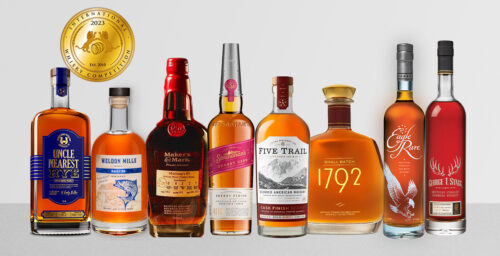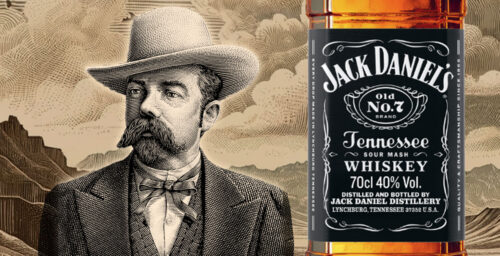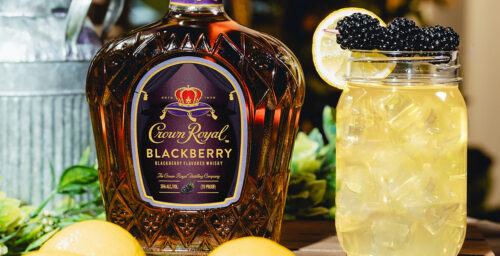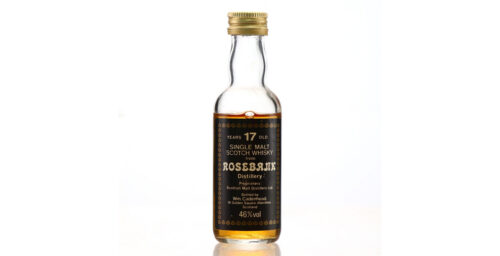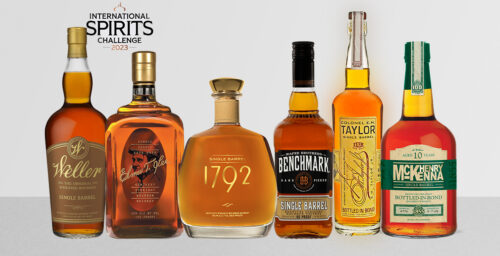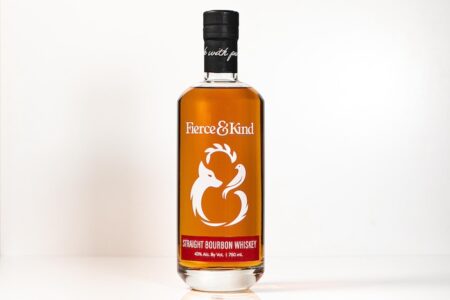Editor’s Note: We’ve just launched sign ups for our upcoming The Whiskey Wash newsletter. Click here to join our list and stay informed!
One of the worst-kept secrets in the whiskey lover’s world is the existence of closed Facebook groups that function as a secondary whiskey market, where private bottle sales go on in a grey market style.
To date, the giant social media company has either has been ignorant of these groups, or chosen to ignore them. But today, that was not the case. A number of groups involved in this activity were shut down by Facebook in a virtual raid of sorts, apparently alongside other groups allowing private sales of other items that could be considered controversial.
As first reported over at Bourbon Truth, “almost every Facebook Group that included the sale of bottles got deleted.” This is something this author saw as well, and those who enjoy talking about whiskey on Facebook were talking about this today. To protect the privacy of those around this subject we’ve chosen not to query the online communities around this, but suffice to say it is a big topic of discussion at the moment.
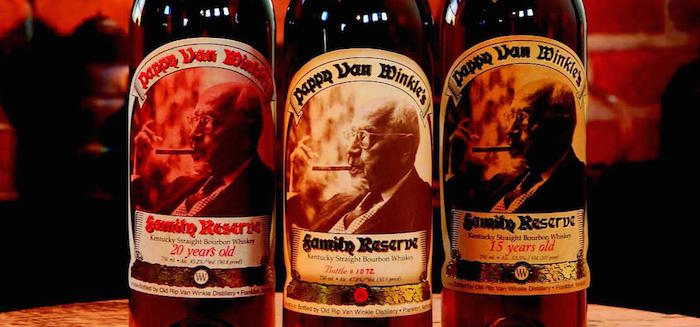
The online secondary market of privately owned whiskey sales hasn’t had the best track record over the past couple of years. The popular auction site eBay, for example, a few years back banned its “informal marketplace for collectable spirits,” according to Drink Spirits, after a 20/20 episode on ABC had a reporter “working with a kid to buy alcohol online.” Private marketplace sites have tended to be a little more of a safe haven, but even they are subject to falling apart, sometimes for reasons unrelated to legal concerns, as happened last year with DustyBid.
Also, the patchwork of state and federal regulations have made it even more difficult for more legitimate secondary market activities, such as whiskey auctions, to take place. An auction house out of North Carolina, which we reported on earlier this year, had planned a sale of privately owned Van Winkle whiskies. The state stepped in, however, and told them to shut the sale down before it even happened.
By comparison, if you look overseas in Scotland, you’ll see that whisky auctions, including online, are still going strong. I point it out only to give you a sense of how regulation plays a hand in the secondary market in different parts of the world.
Getting back to Facebook, it is not clear from their Facebook Page terms, last updated April 8, as to why this happened. From here you learn only that:
Pages promoting the private sale of regulated goods or services (including firearms, alcohol, tobacco, or adult products) must restrict access to a minimum age of 18.
This doesn’t exactly say groups selling alcohol and other “regulated goods” such as guns (which had been targeted back in January and are spoken of differently in another section of the site) and cigars (hat tip to the latter from Cigar Authority), both of which were also banned, can’t exist. It only mentions age restrictions.
Why then did Facebook put forth its own Prohibition-style approach to this, when it doesn’t seem to be banned in their Terms of Service either? What’s even more confusing is that Facebook states in its Community Standards section that “if you post an offer to purchase or sell alcohol, tobacco, or adult products, we expect you to comply with all applicable laws and carefully consider the audience for that content.”
I’ve put a query into them for comment, and if I get something back I will update this post.
As for my own speculation on this, perhaps someone under 21 bought alcohol? I also wonder if a recent Esquire article on the subject might have stirred the flames. In it, the author makes mention of “private Facebook groups” which engage in “bourbon’s black market.” It is also pointed out, however, that the TTB is apparently aware of the groups but has largely has chosen to ignore them, for now. Such is not necessarily the case for local officials, as one couple in Delaware last year found out the hard way.
Whatever the rationale, the abrupt closure of these Facebook groups has unfortunately just driven the secondary whiskey sales market even deeper underground.

